AFTER attracting more than 2 000 visitors in 2022, the Office of the Consul of Japan in Cape Town is thrilled to announce that it will host the 10th Japan Day on Saturday, 9th December 2023 at Hoërskool Jan van Riebeeck from 9am to 3pm, in collaboration with the Japanese community and supported by the City of Cape Town.
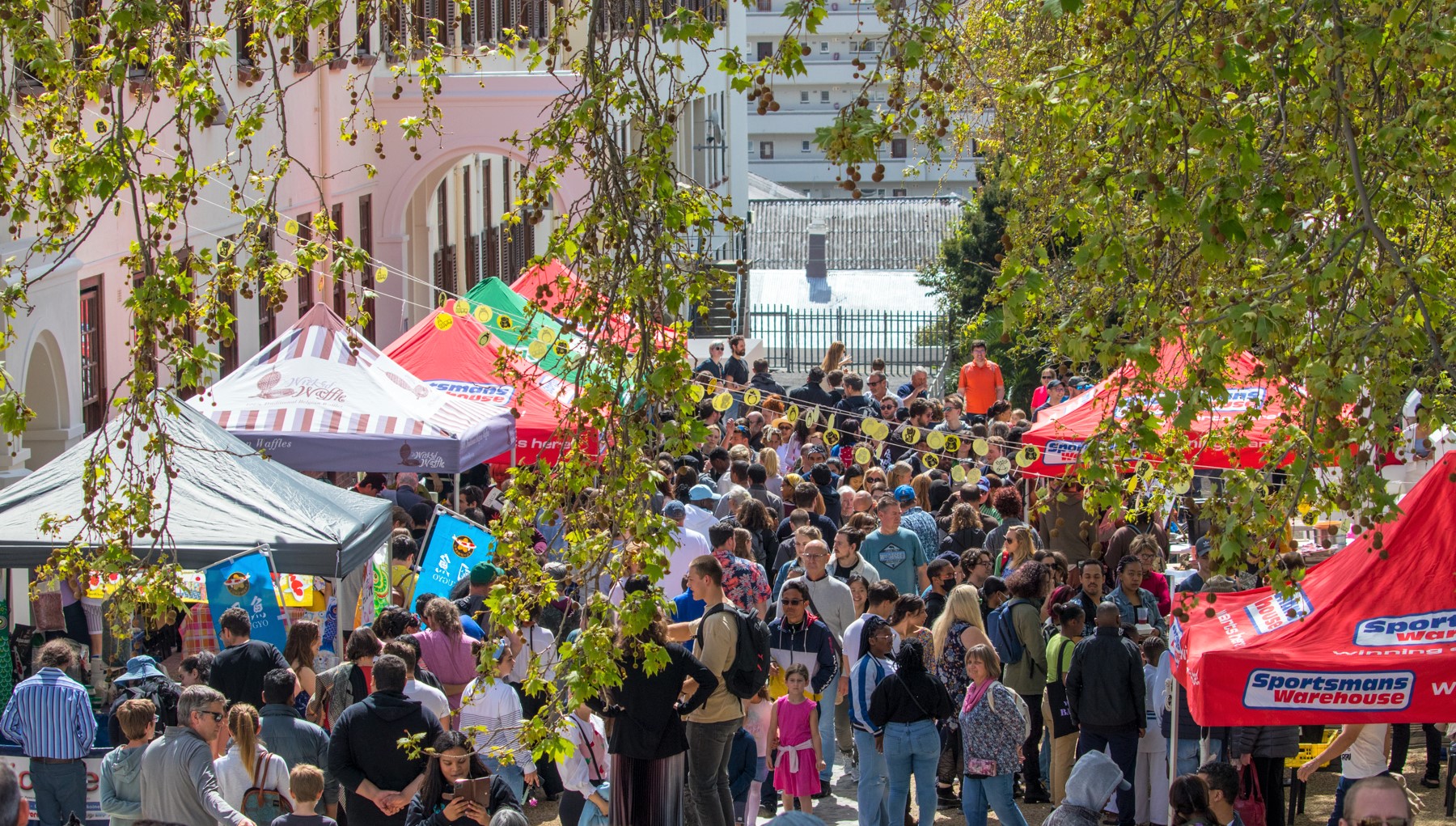 Visitors can look forward to even more exciting and culturally rich experience this year. Japan Day is a free, family-friendly event that celebrates the vibrant culture, art, and cuisine of Japan. With the support of attendees, sponsors, and volunteers, there is confidence that this year’s festival will be an unforgettable celebration of Japanese heritage.
Visitors can look forward to even more exciting and culturally rich experience this year. Japan Day is a free, family-friendly event that celebrates the vibrant culture, art, and cuisine of Japan. With the support of attendees, sponsors, and volunteers, there is confidence that this year’s festival will be an unforgettable celebration of Japanese heritage.
The theme of this year’s event is “Japanese New Year”, so get ready to experience elements of culture and celebrations such as mochi-tsuki (New Year’s tradition whereby rice is pounded to make mochi (rice cakes), nengajyo (New Year’s card), New Year’s decorations, fukubukuro (lucky bag grab), and so much more.
Key highlights for 2023 include:
- Performances: Experience traditional Japanese performances such as koto (Japanese harp), martial arts (karate, aikido, kenjutsu), a cosplay parade, and mochi-tsuki (New Year’s rice pounding).
- Cultural exhibitions: Immerse yourself in the beauty of Japanese traditional arts and exhibitions such as bonsai (miniature trees), bonsan (miniature gardens), mokuhanga (woodblock painting), sumi-e (ink wash painting), shodo (calligraphy), and Japanese dogs.
- Interactive workshops: Try ikebana (flower arrangement), origami (art of paper folding), and take pictures at the Fujifilm booth.
- Information booths: Learn about Japanese language schools in Cape Town, exchange programmes such as JET (teach English and become a cultural ambassador in Japan), and the Stellenbosch University Japan Centre.
- Marketplace: Purchase Japanese goods, such as homeware, cooking ingredients, manga comics, anime figurines, snacks, accessories, and more.
- Japanese cuisine: Savour the flavours of Japan with a wide array of Japanese dishes and street food vendors selling takoyaki, onigiri, mochi, yakitori, dorayaki, and more.
“Yakitori plainly translated means grilled chicken,” explains Peter Tempelhoff of Stickman (and also award-winning FYN, beyond, and Ramenhead). “Its aroma alone makes my mouth water. It’s the best street food, great in all weather and especially with beer. We’ll be doing thighs with spring onion and a tare glaze.” Chef partner Ash Moss adds: “Stickman is authentic Japanese yakitori, small skewers of chicken grilled over binchotan coals. As the fat and sauce drip onto the binchotan coals below, smoke rises up and give the yakitori its distinctive smoky grilled flavour.”
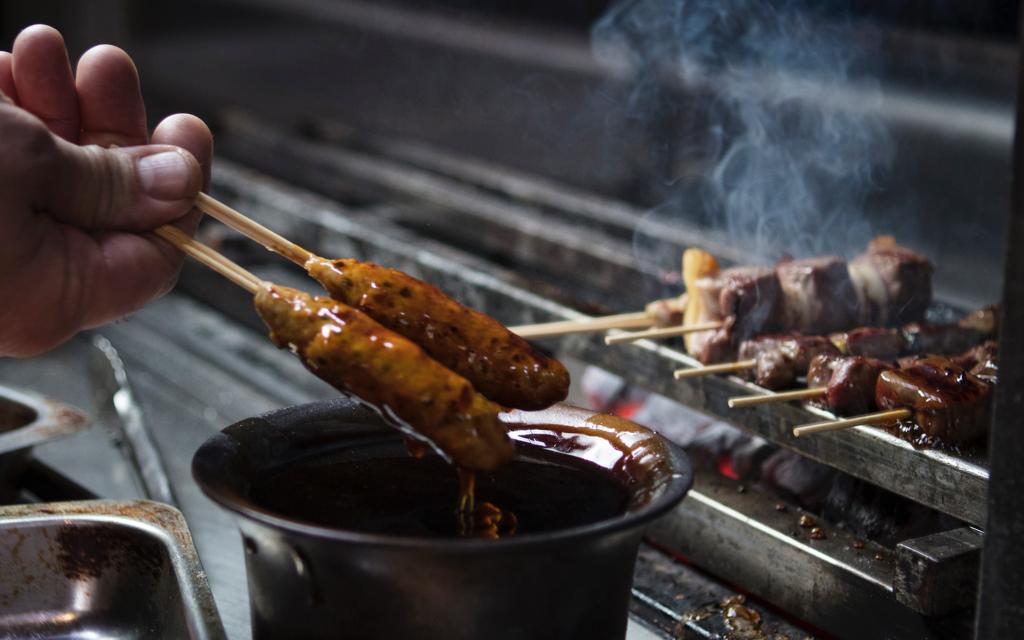
The City of Cape Town is thrilled to welcome and support Japan Day, returning to Cape Town for its 10th annual celebration, says the City’s Mayoral Committee Member for Safety and Security, Alderman JP Smith. “This exciting event offers a platform for cultural exchange and promotes friendship between Japan and South Africa. It is a unique opportunity for Capetonians to experience and appreciate Japanese culture, traditions, and heritage, as well as interact with Japanese residents living in the city. As a culturally diverse location with gorgeous scenery and a deep history, Cape Town is the ideal host for Japan Day. We look forward to many more successful and memorable celebrations in the future.”
Shiba Inu (Japanese dog breed)
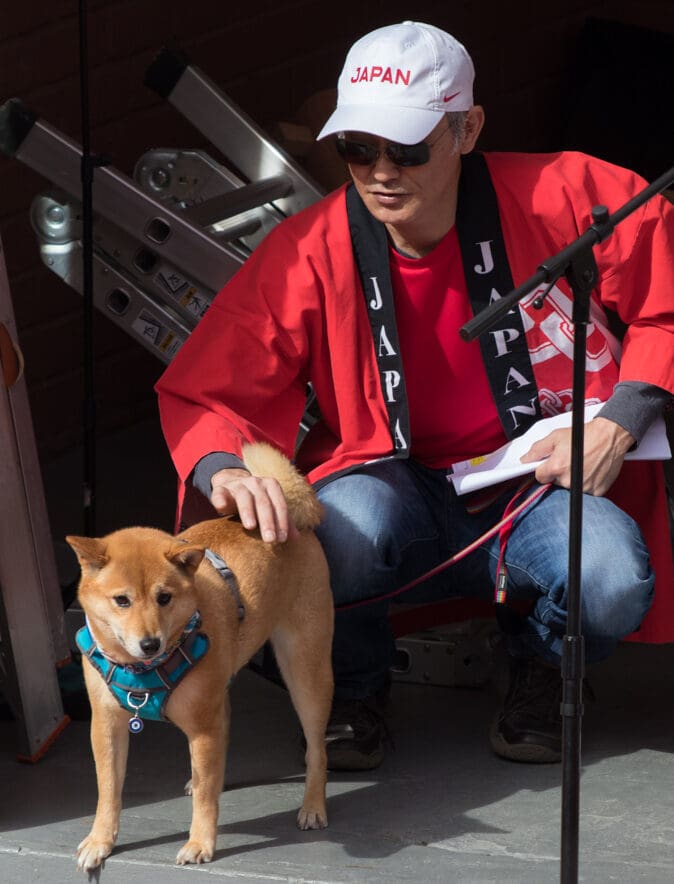 The Shiba Inu is a small, ancient breed of dog that is native to Japan. They are known for their fox-like appearance, loyal and affectionate personalities, playful nature, and rich cultural significance.
The Shiba Inu is a small, ancient breed of dog that is native to Japan. They are known for their fox-like appearance, loyal and affectionate personalities, playful nature, and rich cultural significance.
Koto
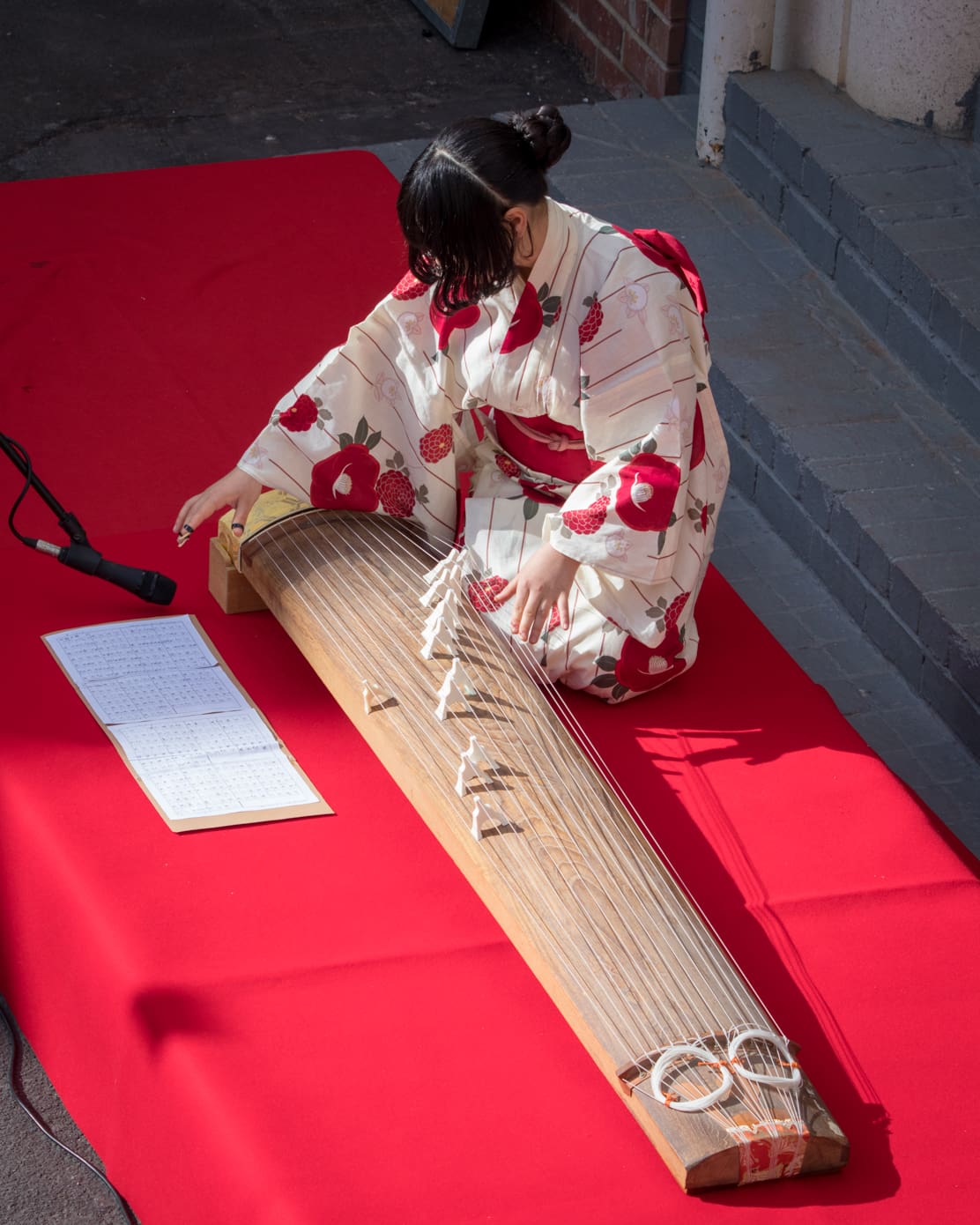 The koto is a traditional Japanese zither with a rich history, intricate playing techniques, and ethereal sounds that have made it a symbol of Japanese culture, spirituality, and refinement.
The koto is a traditional Japanese zither with a rich history, intricate playing techniques, and ethereal sounds that have made it a symbol of Japanese culture, spirituality, and refinement.
Mochi-tsuki
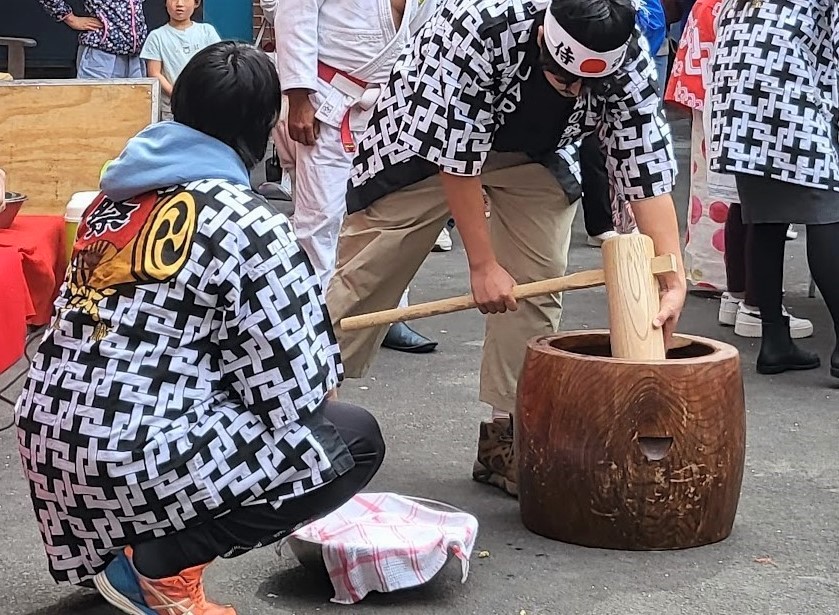 Mochi-tsuki is a traditional Japanese communal activity involving the rhythmic pounding of glutinous rice into mochi, a chewy rice cake, symbolising good fortune and prosperity during New Year celebrations.
Mochi-tsuki is a traditional Japanese communal activity involving the rhythmic pounding of glutinous rice into mochi, a chewy rice cake, symbolising good fortune and prosperity during New Year celebrations.
For more information about Japan Day, click here.
